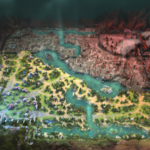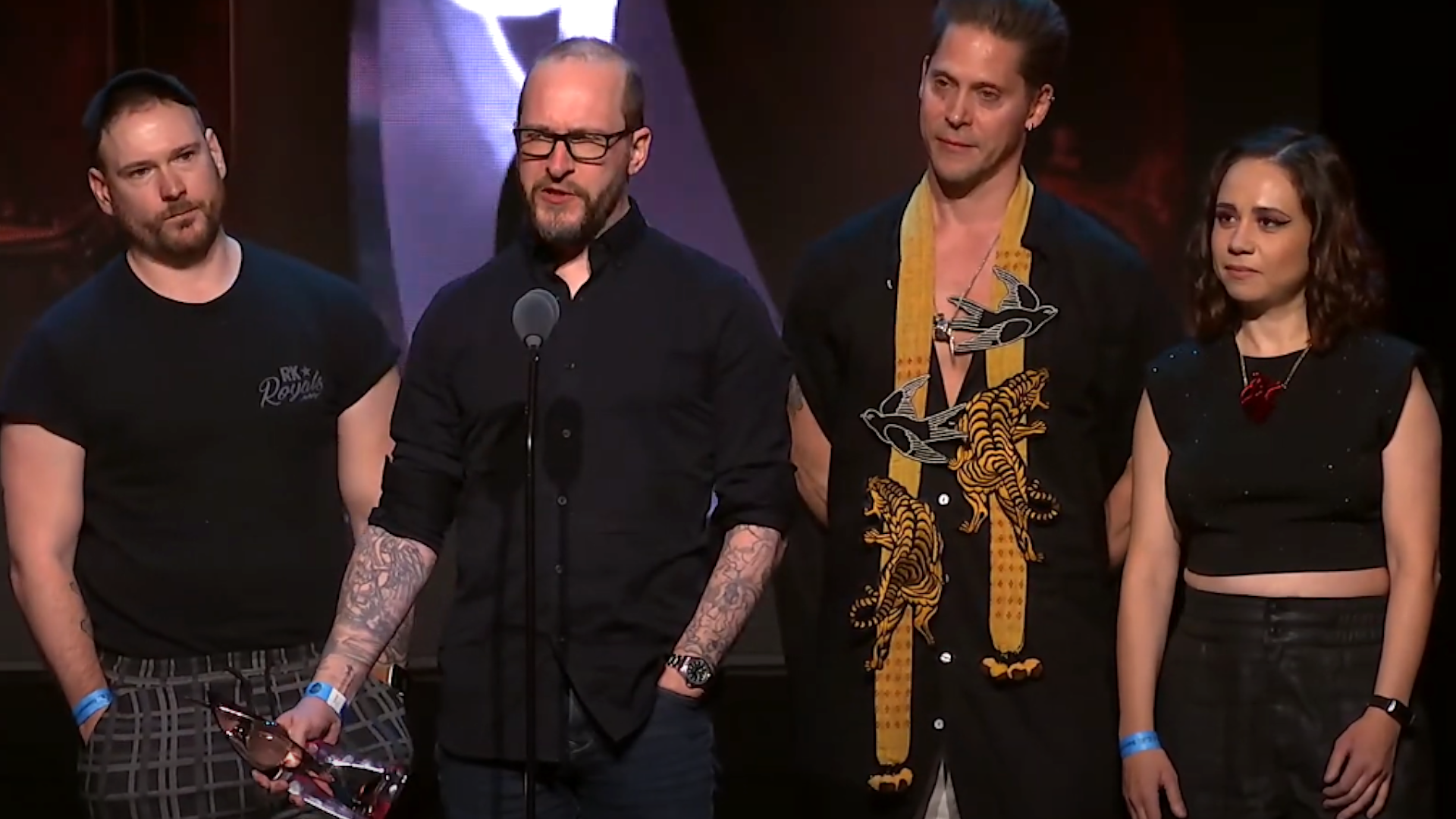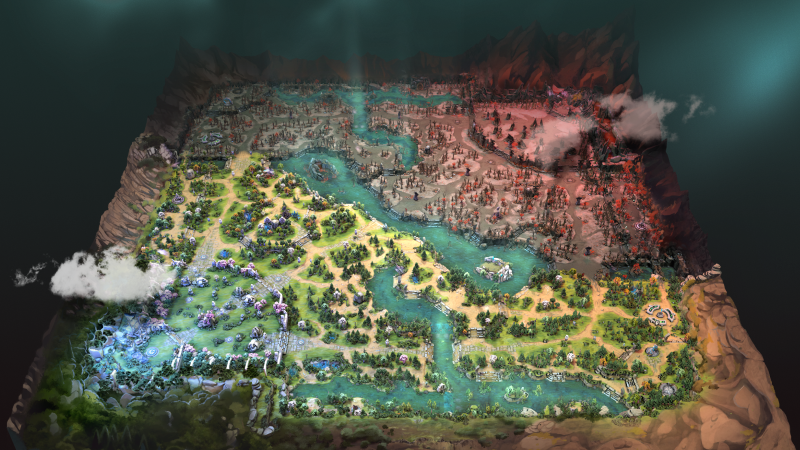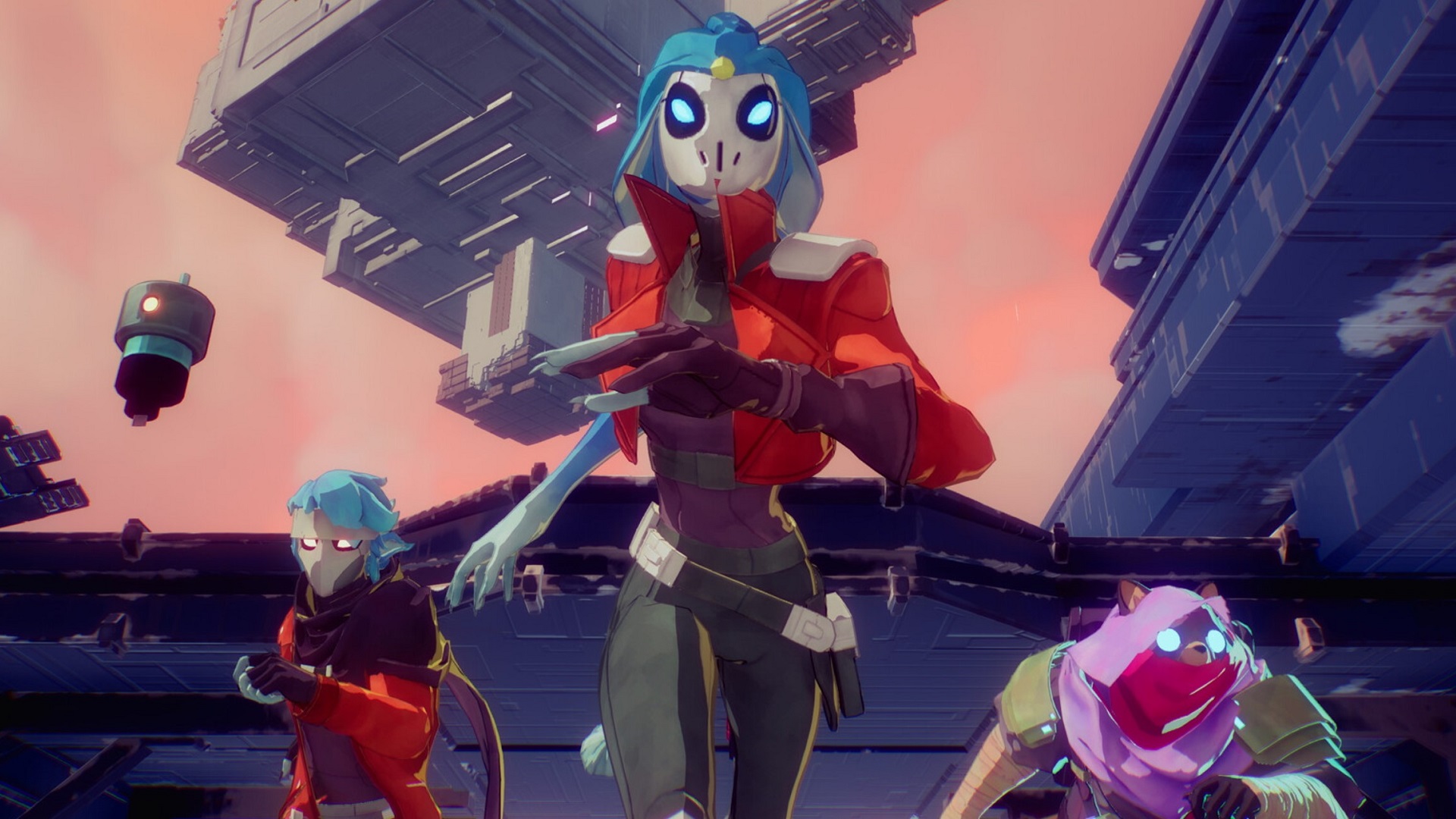Baldur’s Gate 3 walked away from the DICE Awards with another handful of trophies: Outstanding Achievement in Story, RPG of the Year, Outstanding Achievement in Game Design, Outstanding Achievement in Game Direction, and Game of the Year—adding to an already massive list of well-deserved accolades.
Its developers, however, devoted much of their speech time to the state of the games industry—which, if you’ve been paying any sort of attention, has been dire for devs. 2023 was a horrible year for games industry layoffs—and if patterns continue, 2024 could be even worse, with over 16,000 developers losing their jobs since January of last year.
“We’re very lucky,” says Michael Douse, the director of publishing for the studio. “We’ve had a lot of stage time—others are not so lucky. This is a really human industry, and we’re really bad sometimes at showing developers what they’re worth … it’s kinda the elephant in the room, especially surrounded by all this opulence.
“Many, many people were let go at the start of this year. I want you to know that you are all talented, and that you matter, and that you are the future of this industry. Don’t let that flame be extinguished by our collective mistakes … we will persevere as an industry.”
Larian Studios’ head of production David Walgrave also took to the microphone to share a few words. “We ask you to pay one price only for the game, and that’s it—you can own it for the rest of your life. We don’t have shareholders, but we also don’t think about them. There’s an expression in Dutch—’honesty lasts longest’, or something.”
That reads to me like a dig at Embracer Group’s recent comments. In a gaudy bit of saying the quiet part out loud, Embracer remarked that its “overruling principle is to always maximize shareholder value in any given situation” in a financial report. This was in the wake of laying off 1,400 employees over six months in 2023. A failure to read the room, even if it’s patently true.
“We don’t make decisions where we think ‘this could make us the most money’,” Walgrave continues. “In the long run, building a community, building a playerbase, building games that are actually fun is going to make you the most money, that’s it.”
Larian Studios does technically have a single shareholder in Tencent—which owns around 30% of the company. However, an important piece of context is that Tencent appears to own what’s called a “preference” share, meaning that Tencent doesn’t have voting rights when it comes to Larian’s decision making. The rest of the company belongs to CEO and Founder Swen Vincke and his wife.
I’m noting this more for clarifications’ sake, rather than to disagree with anything Walgrave said—when we think of the influence shareholders typically have on large gaming companies and publishers, Larian Studios is under no obligation to kiss the ring.










